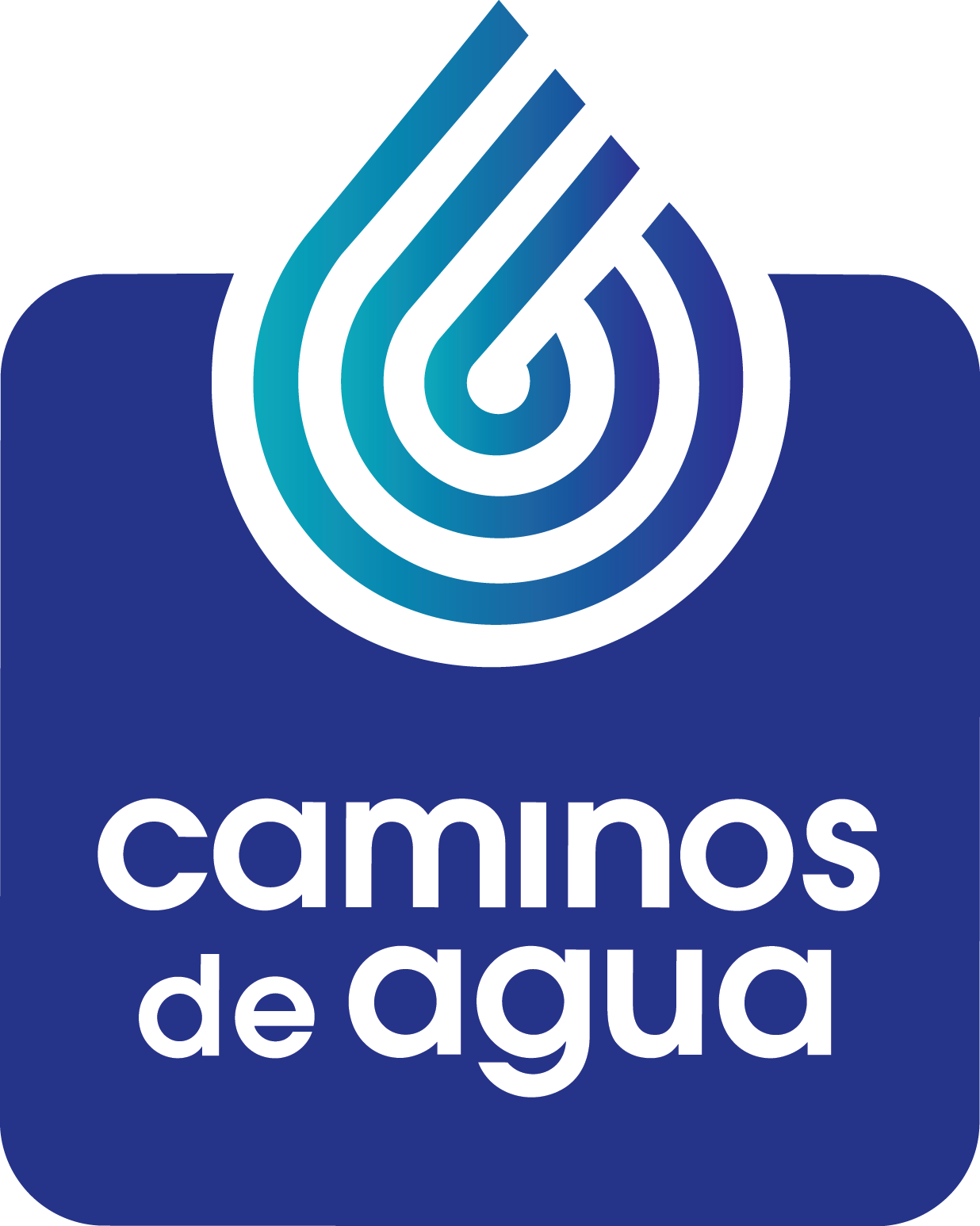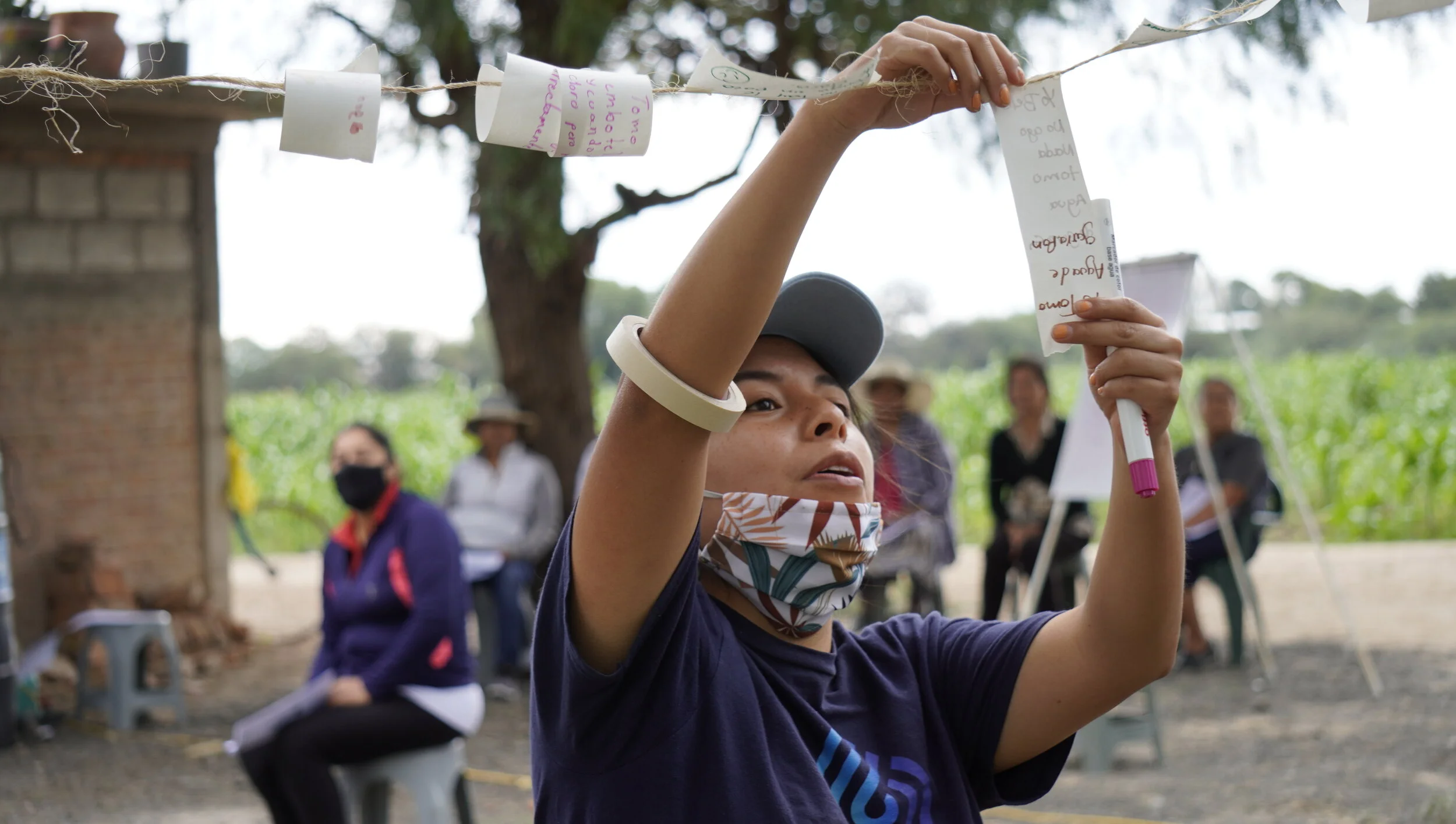Karina Bautista
Karina Bautista learned as a student in environmental sciences at UNAM, Morelia that people cannot count on government and legislation to protect the environment. She saw how the same environmental authorities would actually set fire to wetland areas in order to remove its designation as protected natural reserve (RAMSAR); and thus further poisoning the water of lakeside residents.
Her thesis for a degree in environmental sciences from UNAM in Morelia, explored the severe water contamination by U.S. paper company Kimberley Clark, affecting residents and wildlife in the large and protected Lago de Cuitzeo. Karina focused on monitoring water quality along the lake’s shoreline where the company would discharge its residual waters. With her degree, Karina realized she preferred working directly with residents suffering health effects of contaminated water.
Through an UNAM professor, Karina heard of Caminos de Agua who have been focused for the past 10 years on building rain-water catchment systems for outlying ranchos of San Miguel, monitoring water quality for potability and creating filters to remove arsenic and fluoride from the city’s water.
She received a scholarship to intern there and began work creating links with the rural villagers, especially with mothers concerned for their children’s health, many of whom suffered the effects of fluoride (skeletal fluorosis). Karina worked on creating workshops for the young volunteers at Caminos whom she found “very enthusiastic and committed” to new forms of connecting with the village people. “The first step is to identify the problems, and together find solutions,” she says.
“There was already a manual that the Caminos’ volunteers were using, and I worked on including ways in which we could better approach people and encourage more participation.”
Karina started out working with mothers in the community of Salitrillo, a village on the shore of the Presa Allende. “They were quite timid, but as we started to get to know them, they began to open up and tell us their personal stories. In one workshop, we all walked together to the water’s edge and many shared memories of their days as children growing up along these shores and how the water’s depth has been going down continuously since then.”
The women spoke of their children’s digestive problems now, poisoned by their only source of water. In another workshop designed by Karina, called “Our Bodies”, the mothers drew pictures of their bodies showing the areas affected by the arsenic and fluoride contaminants.
Despite the covid disruption, the Grupo Arronte, a large donor of funds for water projects for the people, has approved a program to build 300 rainwater catchment systems in 3 years for the villages with no reliable water source in the San Miguel region. So there is hope for these families in Salitrillo.
Karina goes off to Colegio de la Frontera Norte of Monterrey this fall for her master’s degree in a program integrating various aspects of water management. She has much gratitude for her time at Caminos, offering a door into the real-world problems of water scarcity and pollution.

